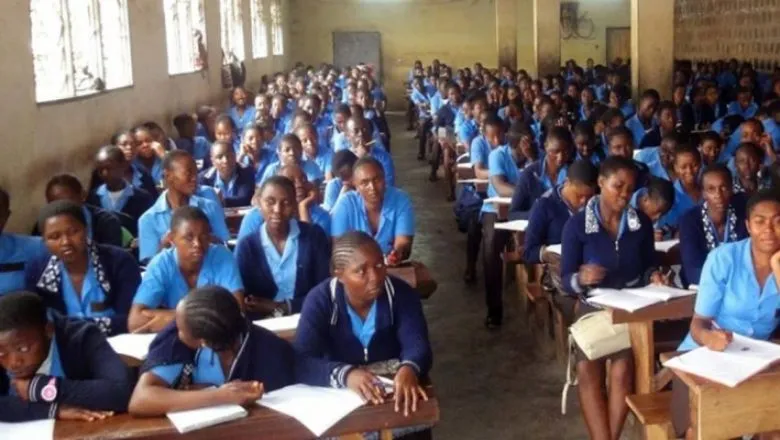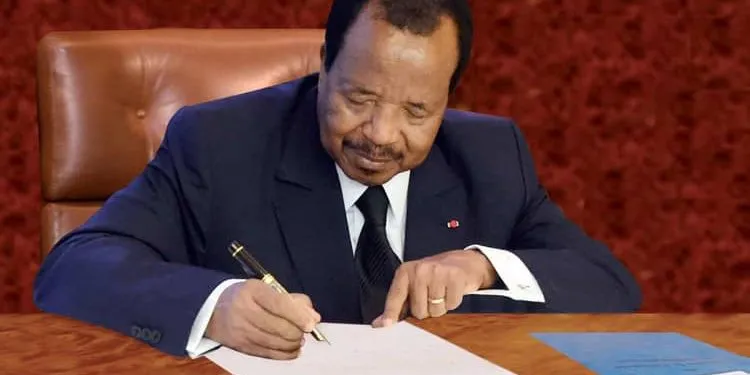President Biya’s decree also noted that the State remains in charge of defining the secondary school curriculum, approving and disapproving textbooks, defining the school road map, recruiting, and payment of teachers, among other powers.
Regional Assemblies in Cameroon will henceforth be in charge of constructing, equipping, extending, and maintaining secondary schools in the country. This is a measure that has been decreed on April 27 by Cameroon President, Paul Biya.
The Presidential decree officially transferred to the Regional Assemblies responsibility for the upkeep of government secondary schools in the country, a clause that was already outlined in the laws governing the Regional Assemblies.

The elected regional assemblies will, however, have nothing to do with vital issues like the secondary school curriculum, syllabus, and the system of education, all of which will remain under central state control.
Aside from infrastructure management, the Regional Assemblies will also participate in preparing and implementing the yearly road map for secondary schools.
The decision, the government says, is part of its plan to devolve powers to regions and municipalities.
While some Cameroonians have lauded the government’s recent move towards decentralisation, others say it is not significant and is ‘too little too late”.
This is because the Regional Assemblies have only been given the chance to manage secondary school infrastructure, something they have already been doing indirectly during the past two years of existence.
All decision-making powers and control are still under the state and the Regions will depend on the state for funds to run the secondary schools.
President Biya’s decree also noted that the State remains in charge of defining the secondary school curriculum, approving and disapproving textbooks, defining the school road map, recruiting, and payment of teachers, among other powers.
In the meantime, this is one of the most significant powers devolved to the Regional Assemblies since they became functional in January 2021.
They were created in 2019 during a Major National Dialogue organised to resolve the ongoing crisis in the English-speaking regions.
The government said the assemblies would opportune each region to effectively participate in its development and the management of its own resources.



